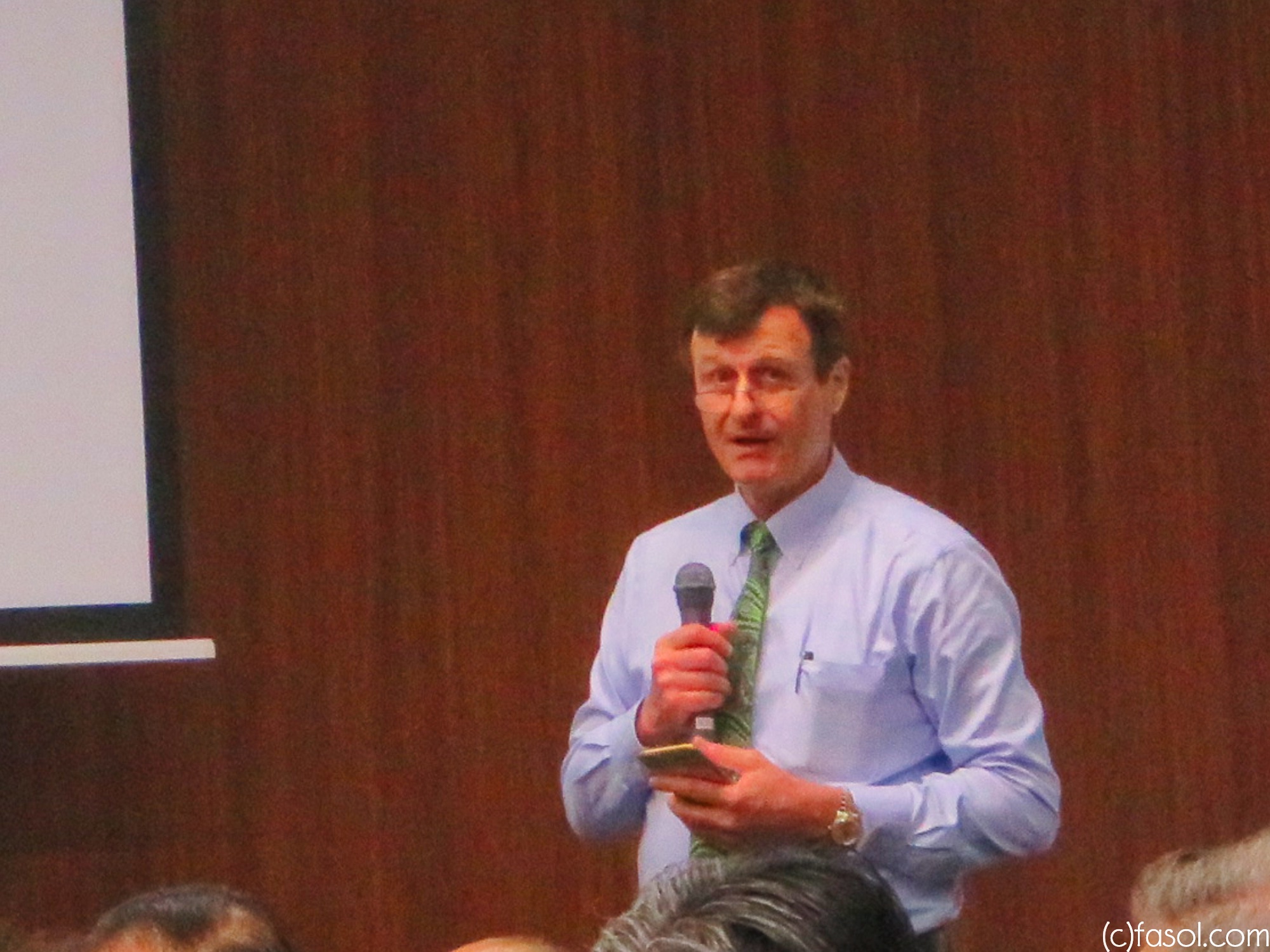日本語版 / Japanese version:
http://www.fasol.com/j/2017/07/23/future-engineering-education-europe-view/
Gerhard Fasol: A European view on the future of engineering education in Kyushu
Future engineering education. 4th Symposium of the Kyushu Society for Engineering Education. 11 July 2017 13:00-16:30 Kyushu Institute of Technology
Future engineering education meeting program.
- 13:00-15:00
- Yuichi Harada, Professor, Kyushu University: “Practical education using global innovation”
- Shingo Igarashi, Deputy Director General and Associate Professor, Robert T Huang Entrepreneurship Center, Kyushu University: “Merging education for innovation, and student’s independence
- Gerhard Fasol, CEO Eurotechnology Japan KK, Board Director GMO Cloud KK, Guest-Professor Kyushu University: “Future engineering education and industrial cooperation – European and UK views”
Future engineering education and industrial cooperation – European and UK views (outline of the talk)
Gerhard Fasol, CEO Eurotechnology Japan KK, Board Director GMO Cloud KK, Guest-Professor Kyushu University
Outline:
Self introduction – as relevant for engineering education
see:
Kyushu’s economic growth in comparison, and engineering education’s responsibility
Kyushu’s economic growth stopped around the year 2000, while most other comparable economies in advanced countries have continued to grow. e.g. Holland’s and Kyushu’s economic size were about the same in the year 2000, while today Netherlands’ economy is about two times the size of Kyushu.
Many studies have shown the contributions of universities to economic growth, and for example MIT has determined in detail the contributions of MIT to economic growth.
Although we should not read too much into University’s ranking tables, there is a drastic difference in the ranking of Kyushu’s Universities and Netherlands’ or Singapore’s Universities.
I think there are strong arguments, that improvements of Kyushu’s Universities including engineering education are necessary to enable a restart of Kyushu’s economy.
Thus the need for restarting Kyushu’s economic growth provides a strong motivation to improve engineering education in Kyushu.
How to improve engineering education: Escaping Flatland
“Inbreeding” is well recognized as Japan’s Universities’ top problem to overcome. People must circulate to circulate ideas.
Example: in Germany we have “Hausberufungsverbot”, not only in Universities, but also in many other organizations, and we have “Lehr- und Wanderjahre” with 100s of years of history.
Japan also has a long tradition of welcoming and adopting philosophy, religion and technology from many countries including India, Europe, USA, Korea and many other areas.
“Flatland – a romance of many dimensions” by A. Square (Edwin A Abbott) has been written both as a mathematics teaching tool to visualize dimensions, by introducing a society confined to live in two dimensions = FlatLand.
Flatland is both a geometrical teaching tool, as well as a psychological study.
The three key elements in a successful ecosystem for innovation
Professor Ian Walmsley, Pro-Vice-Chancellor for Research and Innovation of Oxford University, recently explained that there are three key elements in a successful ecosystem for innovation:
- Critical mass: sufficient capacity for generating and identifying good and fruitful ideas
- Cross-fertilization of concepts: the collision of different ways of thinking, both cross-disciplinary and cross-cultural
- Competitive tensioning: ideas must be compared with the best of the world
How to improve engineering education: Traditional lectures vs Active learning
Pioneering education research by Ibrahim Abou Halloun and David Hastens (American Journal of Physics) shows the physics (and engineering) students mostly enter university with “Common Sense” (CS) views of physics. CS is basically pre-Newton and related to Aristoteles works (384-322 BC).
Aristoteles work was the basis for physics understanding and teaching for about 2000 years, until Newton revolutionized our understanding of physics, based on mathematical analysis and modeling of experimental observations.
Education research shows that a large fraction of students enter University with Common Sense (CS) views on physics, and too few students are “converted” to Newton’s views of physics, and traditional lectures are not very effective at achieving this “conversion”.
R W Revans (1907-2003) introduced the concept of “active learning”.
Comparative studies (Scott Freeman, Sarah Eddy, Miles McDonough, Michelle Smith, Nnadozie Okoroafor, Hannah Jordt, May Pat Wenderoth, PNAS) show that active learning achieved 21.8% examination failure rate, while traditional lecture based teaching resulted in 33.8% failure rates (55% higher than active learning).
Thus we need to develop active learning to supplement or replace traditional lecture based teaching, and bring active techniques to students, and let students do curiosity based research as early as possible.
In Cambridge University and Oxford University “supervisions” are another alternative to classical lectures.
















Copyright (c) 2017 by Gerhard Fasol. All Rights Reserved.


join the discussions